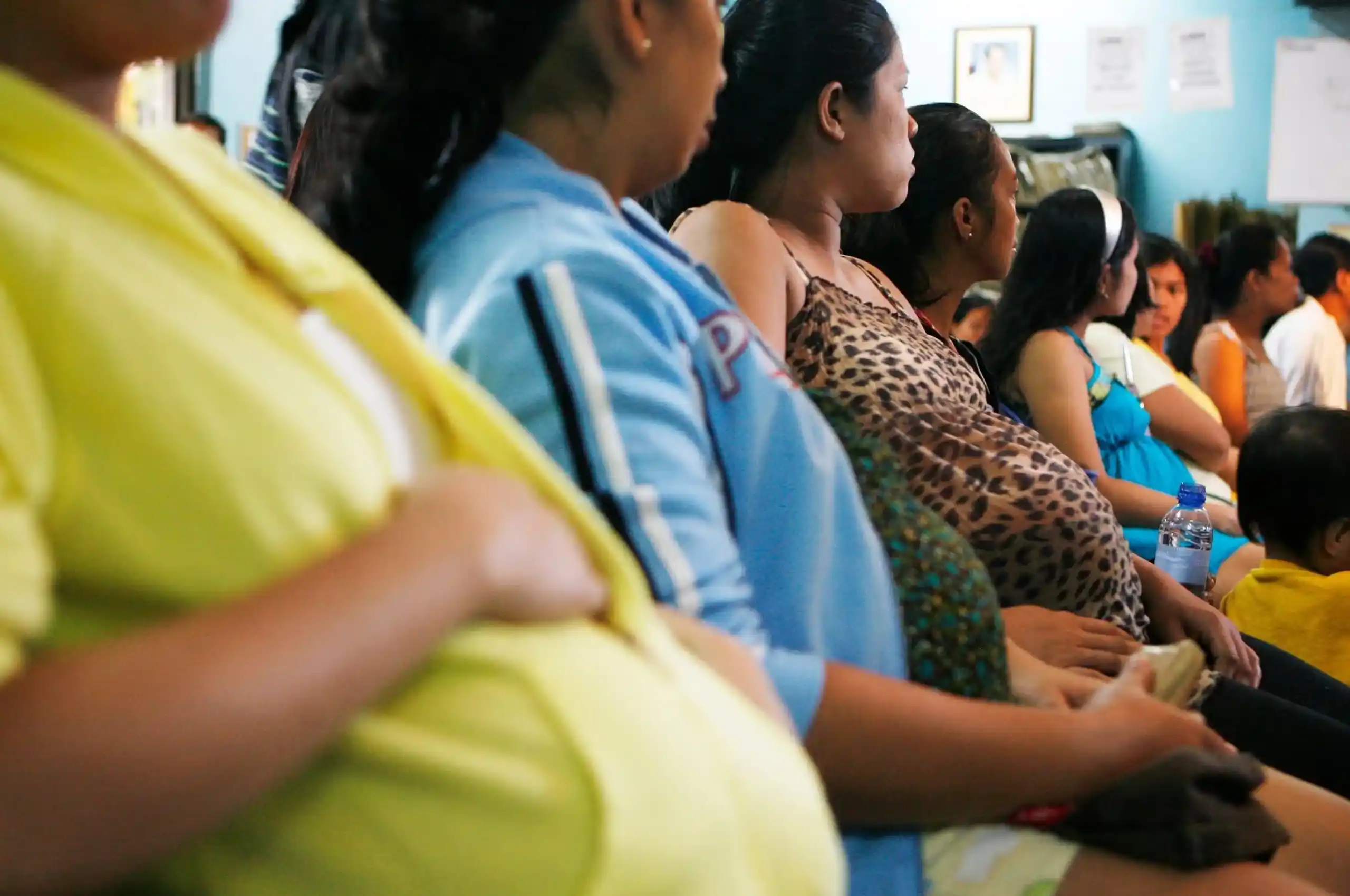Generation Z — raised in dating apps and progressive online spaces — are reportedly having less sex than previous generations. In a 2022 survey by the Kinsey Institute, one in four Gen Z adults in the U.S. said they had never had partnered sex. Another found that 16 percent of single Gen Z adults felt more afraid to date after the U.S. Supreme Court overturned Roe v. Wade in 2022.
The shift isn’t just about being prudish. As The Guardian’s Carter Sherman reports, Gen Z has come of age in a cultural and political climate where sex feels increasingly risky. In interviews with researchers and young adults, Sherman notes that many Gen Zers associate sex with trauma, abuse, medical risk, and political consequences, with others pointing to sex education that either excluded LGBTQ+ content or framed sex as dangerous.
In the U.S., sex ed has shifted toward “sexual risk avoidance” — abstinence, in other words. But in the Philippines, where sex ed is practically nonexistent, the opposite is happening. According to the Philippine Statistics Authority, 3,343 girls aged 10 to 14 gave birth in 2023, with 38 girls under 15 having experienced multiple pregnancies. The Commission on Population and Development warns that teen pregnancy remains a worsening problem, especially in rural and marginalized communities.
Unlike the U.S., the Philippines has no national, standardized, and enforced sex education policy. Though legislators have pushed for the adoption of a comprehensive sexuality education (CSE) framework, many schools skip it entirely. Lawmakers pushing for the Anti-Teenage Pregnancy Prevention Bill have met resistance from Catholic leaders who fear it will “encourage” teens to be sexually active.
If the Philippines is such a conservative country, why are childhood pregnancies so prevalent?
In reality, the absence of sex education has left many Filipino youth without basic knowledge about contraception, consent, or reproductive rights. This void also contributes to the country’s high number of statutory rape cases, with the World Health Organization reporting that that one in every five children in the Philippines aged 13 to 17 years old reported experiencing sexual violence. Where Gen Z in the U.S. is opting out of sex as a form of caution, it seems Filipino teens often don’t get to opt in or out at all. They’re simply unprepared.






